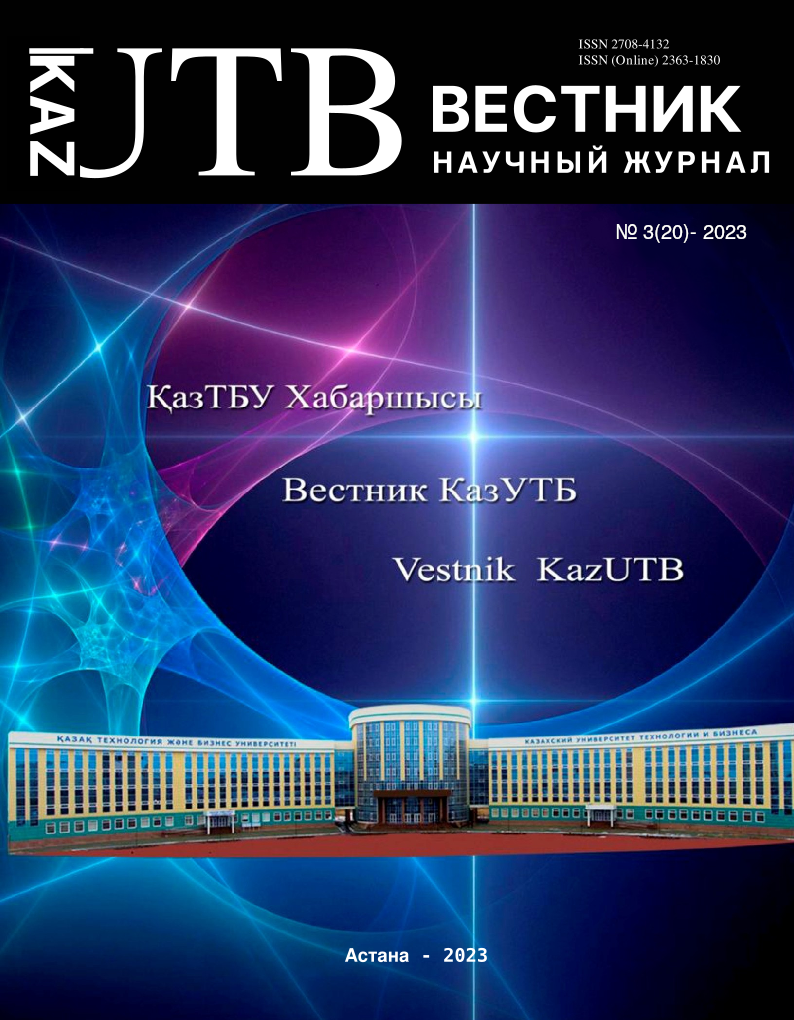Меню


Information and communication and chemical technologies
No. 3 (20) - 2023 / 2023-09-30 / Number of views: 174
KZ ADAPTIVE TRAFFIC CONTROL AT THE INTERSECTION
Authors
Keywords
Intelligent transport, traffic light control system,algorithm, simulation
Link to DOI:
How to quote
Abstract
The solution to the problem is a typical technology of a smart cross-logic system. Due to the rapid growth in the number of cars in the city, various problems such as congestion and environmental pollution are increasingly emerging.
Adaptive intersection management system, often implemented to solve the problem of congestion in the city. Constantly used control systems are usually considered illogical, that is, the traffic light signal changes statically. The purpose of this work is to present an adaptive system of logical control of the intersection, i.e. changing traffic light signals in real time depending on the type of vehicles.
This system is an example of an adaptive automotive communication model that implements data representation between vehicles and traffic lights. When crossing with cars at an intersection, it sends an instant message to the traffic light, after which the traffic light corrects the information and adjusts the signal time in real time. Each traffic light in both directions has its own management strategy, without requiring orthogonality. This traffic light control system allows you to maximize the number of cars crossing the intersection and, as a result, reduce congestion and pollution. The algorithm of traffic light control based on the type of car and its modeling is proposed. The safety and reliability of this control system are also discussed.



